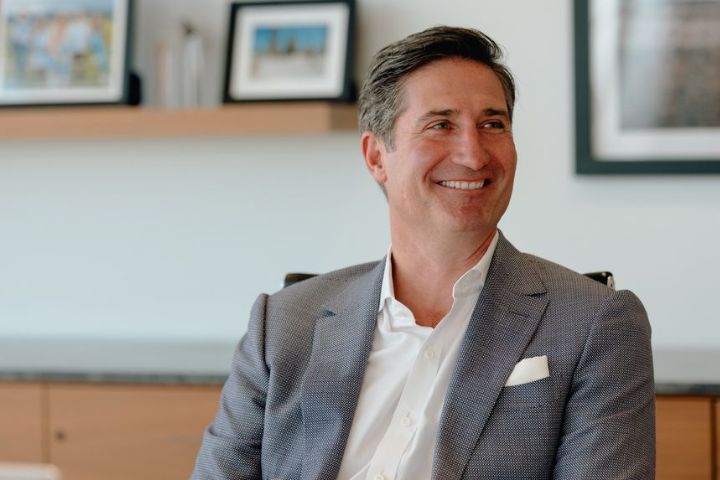Starbucks has made headlines with the announcement that its newly appointed CEO, Brian Niccol, will not be required to relocate to the company’s headquarters in Seattle. Instead, Niccol, who currently resides in Newport Beach, California, will commute approximately 1,000 miles to fulfill his duties, a decision that has ignited discussions about executive privileges and workplace equity.
A Unique Commuting Arrangement
Niccol’s offer letter, disclosed in a recent SEC filing, reveals that he will utilize Starbucks’ corporate jet for his travels between California and Seattle. This arrangement allows him to maintain his residence in Newport Beach while still meeting the company’s expectations of working at the Seattle office at least three days a week. The decision reflects a growing trend among high-ranking executives who negotiate flexible working conditions, often at the expense of regular employees.
In his new role, Niccol will earn a base salary of $1.6 million annually, with potential bonuses ranging from $3.6 million to $7.2 million based on performance. Additionally, he is eligible for equity awards valued at up to $23 million. This lucrative compensation package includes a $10 million signing bonus, underscoring the competitive nature of executive recruitment in today’s labor market.
Starbucks will also establish a remote office for Niccol in Newport Beach, complete with an assistant of his choosing. This setup allows him to work from California while still fulfilling his responsibilities to the Seattle-based company. A spokesperson for Starbucks emphasized that Niccol’s primary office will be in Seattle, where he will spend a majority of his time visiting partners and customers globally.
Employee Backlash and Perception of Inequity
The arrangement has not gone unnoticed by Starbucks employees and the public, many of whom have taken to social media to voice their concerns. Critics argue that such privileges for executives highlight a disparity in treatment between high-level management and regular employees, who have been required to return to the office at least three days a week since early 2023.
One employee expressed frustration, stating, “Just a terrible decision by the Starbucks board (and this new CEO)… a $10 million signing bonus, allowing him to work remotely from LA while imposing back-to-work policies for other employees.” This sentiment reflects a broader concern about fairness in workplace policies, particularly in a company that has emphasized community and connection.
The Broader Context of Executive Remote Work
The trend of allowing executives to work remotely is becoming more common, particularly as companies strive to attract top talent in a competitive labor market. Raj Choudhury, a professor at Harvard Business School, noted that many CEOs are now “working from anywhere,” a shift that contrasts sharply with the mandates placed on lower-level employees.
Similar arrangements have been made by other companies, such as Victoria’s Secret, which allowed its new CEO to work remotely from New York City rather than relocating to Ohio. This growing acceptance of remote work for executives raises questions about the future of workplace flexibility and the potential for cultural shifts within organizations.





GIPHY App Key not set. Please check settings